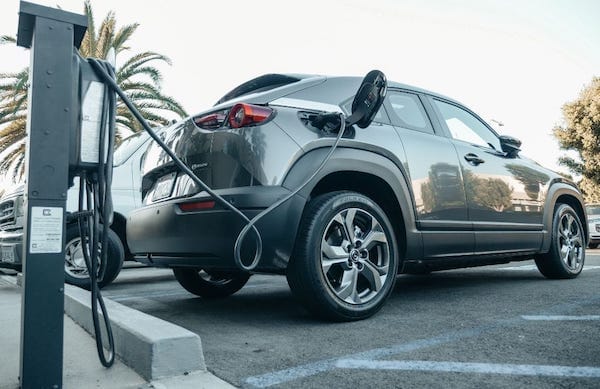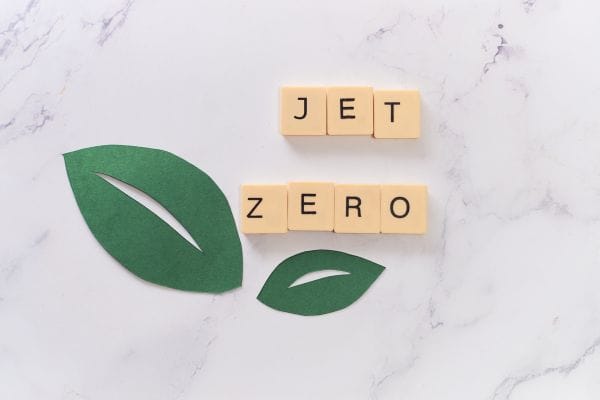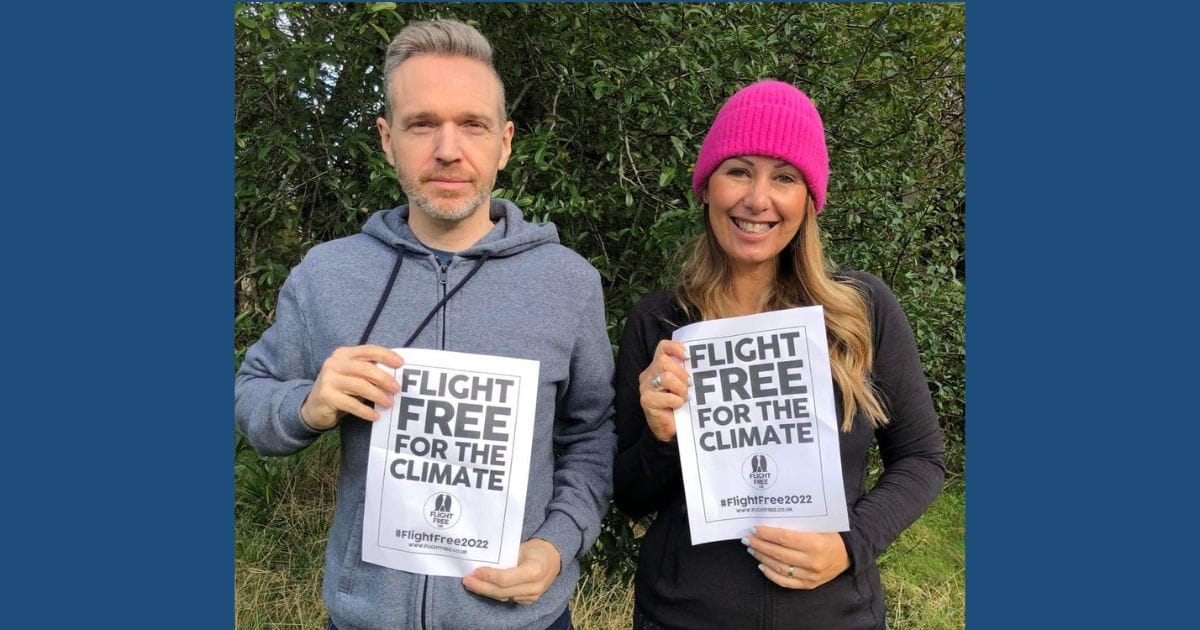‘Ghost flights’ is the term used to refer to planes flying empty or at very low capacity.
Airlines have always operated ghost flights in order to move aircraft around, or for training purposes, but during the Covid pandemic it was revealed that some airlines were operating thousands of empty flights in order to retain their lucrative landing slots.
The government rules state that airlines must use their landing slots 80% of the time in order to keep them. This was relaxed during the pandemic, but even so, a reported 15,000 ghost flights left the UK between the start of the Covid pandemic in March 2020 and September 2021.
We ran a petition asking the government to change the rules so that airlines didn’t have to keep planes in the air to retain their slots at times of low demand.
Nearly 17,000 people signed the petition, prompting a reply from the government.
You can read the government’s response in full on the Parliamentary Petitions website, but here are the highlights:
- the Government suspended the rules for the summer 2020, winter 2020/21 and summer 2021 seasons
- the UK’s exit from the EU means that the UK government has been able to take a more tailored approach to slot rules
- the Government is keen to support airline recovery after the pandemic
- the ratio of slot-use will be 70%, with provisions for justified non-utilisation of slots, which will avoid the environmental impact of empty or almost empty flights flying where COVID-19 related restrictions are in place
- as part of the Government’s future aviation policy it is actively looking at reform to the airport slot allocation process
- the Government recognises that the aviation sector has a critical role to play in delivering the UK’s net zero commitments. In July 2021 it published the Jet Zero Consultation which sets out the Government’s vision for the sector to reach net zero by 2050
- the Government is already supporting a variety of technology, fuel and market-based measures to address aviation emissions. Jet Zero aims for the UK to become a world-leader in zero emission flight and to build a world-leading sustainable aviation fuel (SAF) industry. The Government announced £180 million of additional funding for the development of SAF plants in the UK, further supporting its ambition to see 10% SAF blended into the UK fuel mix by 2030
It's a predictable and somewhat frustrating response, given that the Government has been saying it will look at reforming the slot allocation process since 2018, and so far no progress has been made.
It’s curious that Brexit should be mentioned, especially when the Government is comparing its slot alleviation favourably to the EU. The EU currently requires slots to be used at 64%, a figure kinder to airlines and kinder to the planet.
Then of course there is the focus on Jet Zero, which will certainly be given as an answer to any challenge to the government's policy on aviation. The Jet Zero policy will focus on three areas in order to bring down emissions: sustainable aviation fuel (SAF), technology and offsetting. The government currently has no plans to reduce demand for flying.
You can read our in-depth analysis of why Jet Zero is no good here. We explore the trouble with SAF here, future technology here, and offsetting here.
The idea behind running this petition was both to put pressure on the government and also to draw the public's attention to poor government policy. Ghost flights benefit no one, not even the airlines:
The UK government decision on slots, proposing the highest slot use threshold in the world, makes a mockery of their claims to be supporting the recovery of the airline industry and to be champions of the environment.
It is inconceivable that international demand will average 70 per cent this summer. The government is therefore condemning airlines to operate thousands of flights at low capacity which is environmentally stupid.
~ Willie Walsh, director general of the International Air Transport Association (Iata)
We want to thank everyone who signed our petition and supported our call to end ghost flights.
Ultimately, all flights harm the climate, not just empty ones, so we will continue with the core focus of our work: to educate the public about the climate impact of aviation, and encourage people to travel without flying.




